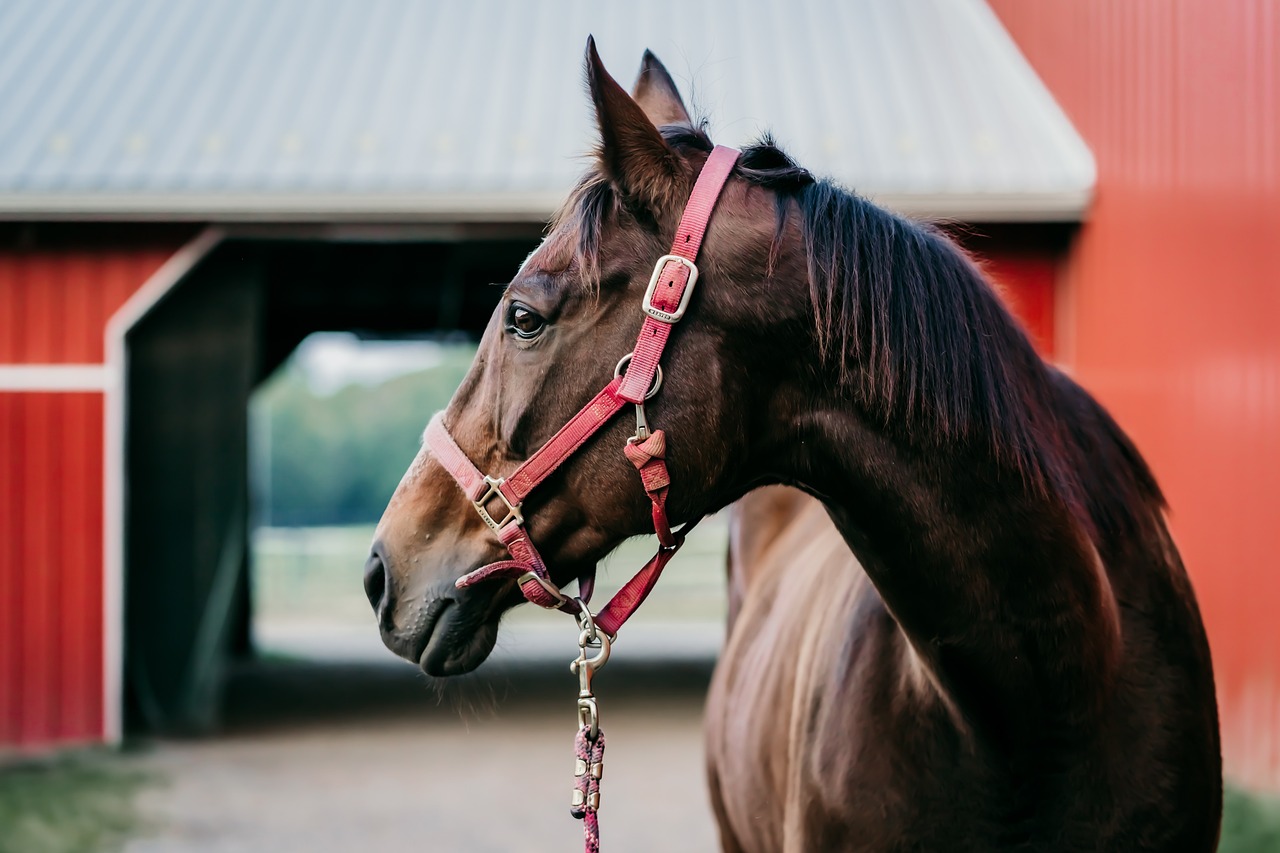The American Veterinary Medical Association (AVMA) Board of Directors has implemented crucial policy updates and introductions in its recent meeting on April 4-5 at the AVMA headquarters in Schaumburg, Illinois. The Board’s decisions, which span a variety of animal welfare and public health issues, reflect a comprehensive commitment to enhancing veterinary practices and animal care standards.
Strengthened Stance Against Horse Tripping
In a significant move to protect equine welfare, the AVMA has revised its policy on horse tripping, shifting its position from opposition to outright condemnation. This practice, which involves causing a horse to fall by roping its legs during events such as charreadas (Mexican-style rodeos), has been criticized for its cruelty. The revised policy states, “The AVMA condemns tripping, injuring, or causing the death of horses, mules, and donkeys for any entertainment purpose or during their training for such purposes.” This update aligns with broader efforts, supported by the American Association of Equine Practitioners (AAEP), to prevent animal cruelty in entertainment.
New Guidelines for Goat and Sheep Care
Further addressing animal welfare, the AVMA Board approved a new policy on the disbudding and dehorning of goats and sheep. This policy underscores the importance of performing these procedures at an early age to minimize pain and stress, recommending that disbudding in goats be done between 5 to 7 days of age before the horn tissue attaches to the skull. For sheep, the policy stipulates that disbudding and dehorning should only be carried out by licensed veterinarians when medically necessary, emphasizing the need for ethical treatment and pain management.
Veterinary Role in Opioid Epidemic and Public Health Education
The Board also revised the AVMA’s policy on the veterinary profession’s role in addressing the opioid epidemic. The updated policy advocates for veterinarians to be exempt from mandatory participation in prescription drug monitoring programs, arguing that veterinary prescriptions play a minimal role in opioid misuse. This exemption is seen as essential to avoid unnecessary burdens on veterinary practices and their clients.
In addition, the Board endorsed updates to the policy on Public Health and Regulatory Veterinary Medicine Continuing Education, expanding the range of topics to include sustainability alongside zoonotic diseases. This revision recognizes the broadening scope of veterinary responsibilities in public health beyond the traditional focus on zoonotic diseases.
Support for Veterinary Disaster Response Training
The Board’s commitment to enhancing veterinary emergency preparedness was further demonstrated through the approval of an amendment to include support for academic training in veterinary disaster response. This includes the AVMA Veterinary First Responder Certificate Program, a pioneering initiative launched in 2022 to standardize training in veterinary disaster and emergency planning and response across the nation.
These policy updates by the AVMA Board of Directors highlight the organization’s proactive approach in advancing the standards of animal welfare, public health, and veterinary education, ensuring that the veterinary profession continues to meet the evolving needs of society and animal care.



